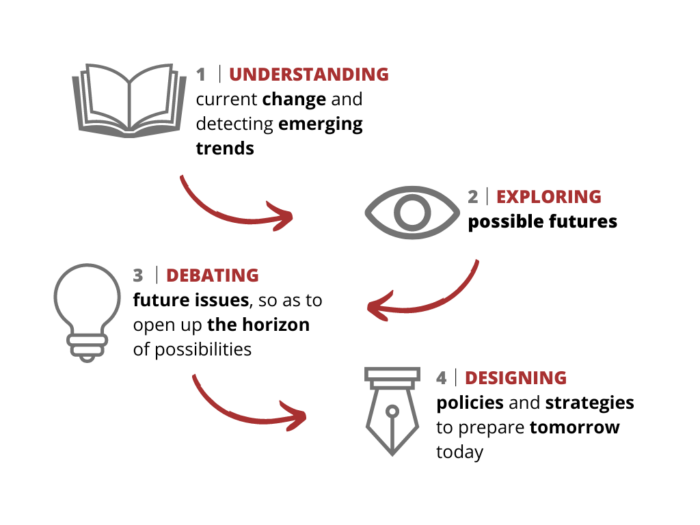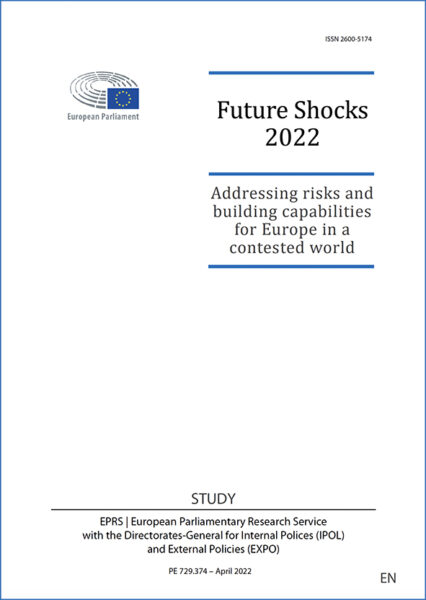It was just over a year ago that the popular revolts in Tunisia and Egypt began which were to lead to the fall of the two major authoritarian regimes in North Africa and cause other peoples (the Libyans and the Syrians) to rise up in turn against the dictatorships in place there. Much was expected of that “Arab Spring”, supported as it was by various European countries (including France) – not least the establishment of genuine democracies in the countries concerned. However, democracy cannot be established by decree and democratic elections may bring to power leaders who are not greatly inclined to respect it. Is this what we are in danger of seeing in the countries of the southern Mediterranean, where the first democratic votes seem to be paving the way for Islamic regimes that might radicalize to a degree that is as yet unclear?
Jean-François Drevet raises that question here, briefly examining the situation of those Arab countries with links to the European Union and the prospects for the Islamists of developing their influence in those countries. Lastly, he shows how the new political situation in that region could change the Union’s diplomatic relations with those countries and particularly how the Union could attempt to forestall excessively radical developments.


